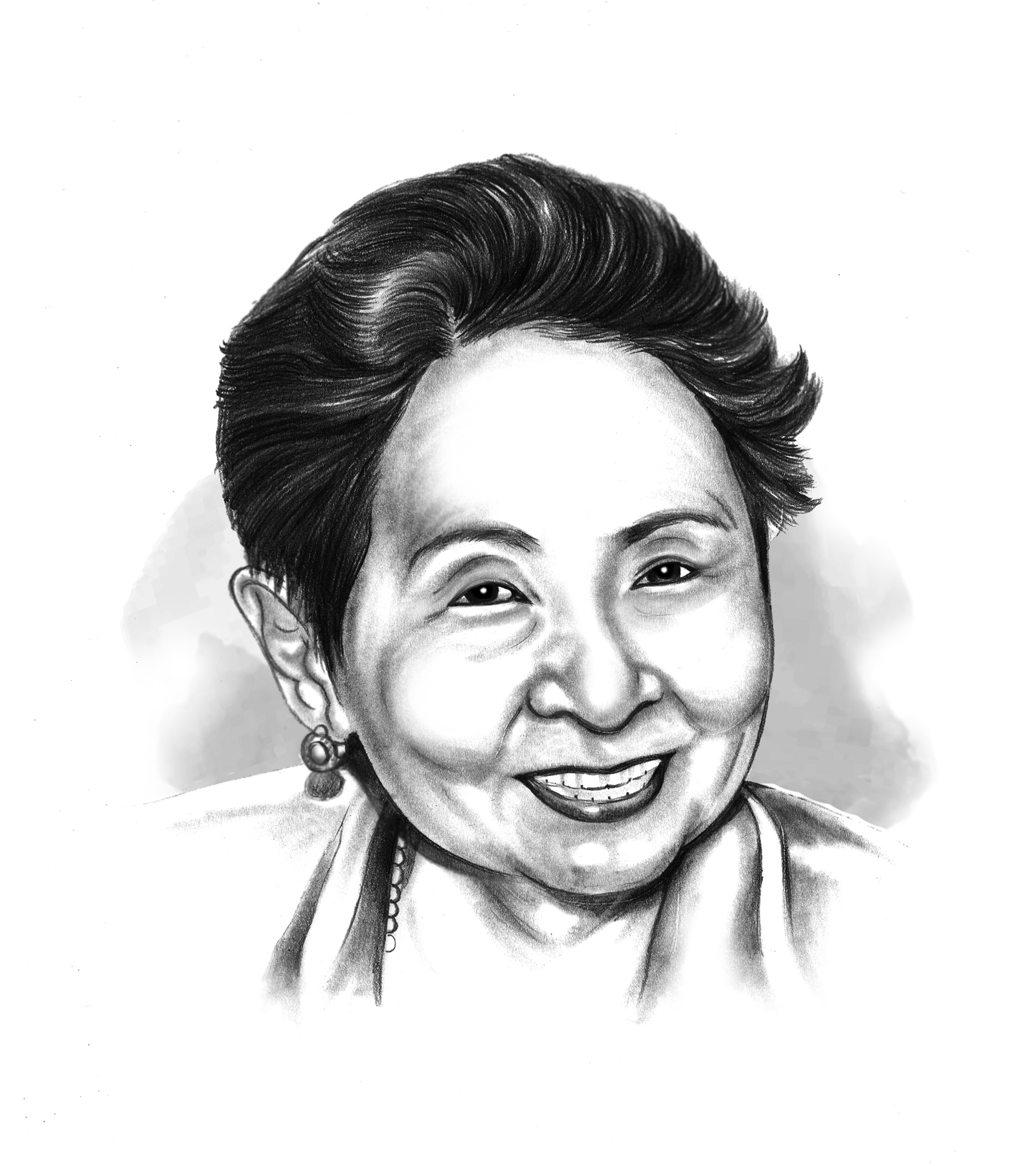PAGBABAGO

As we reflect on the lives of our national heroes who had fought against oppression and tyranny to enable us to enjoy our freedoms today, we had forgotten a large sector in our society which had toiled and struggled to enable us to enjoy freedom of food security – our farmers and fisherfolk.
But this sector had been neglected for some time now for several reasons. One is our pursuit of a capitalist future. Much of attention and energy during these past decades had been directed to the acquisition and use of big technology as well as urban and non-agrarian concerns.
Thus, many of our youth had left their rural communities in pursuit of the “good life” in the city. Even graduates of our agricultural schools had migrated to cities to take up non-agricultural jobs.
But what we are then witnessing today is still a great deal of inequality. It is estimated that some 800 million people have become victims of industrial civilization. And the Philippines is part of that statistic.
We join those voices who have expressed the need for another narrative that shows the rural area and its farms and fisheries resources as the setting of a sustainable future and to counteract emphasis on big technology and urban migration. But how do we reverse the flow? What measures can be taken to strengthen the current decentralization process?
Among others, we see the need to strengthen local government-civil society relationship, promote initiatives in making people aware that the sustainable future lays in making the farm and fisherfolk communities more productive and attractive. It is changing the present belief that the right path is one that encourages the youth to migrate to the city and other countries.
We need good storytellers that would capture the opportunities in local farm and fisherfolk communities. We rely on rice, corn, sugarcane, and fish. But to date, we have not been able to attain self-sufficiency in their production. If we all put our minds in the search for solutions to current constraints, we shall have taken the first step.
Of course the above is easier said than done. We are not debunking technology as the productivity of the farm and fisheries resources depend on use of appropriate technology.
What we are saying is not new. Several development agencies, both local and international, have addressed the concerns of both the agriculture and fisheries sectors. Innovations and strategies learned from countries which had achieved economic sustainability had been introduced.
Our failure to implement them are due to existing constraints that have plagued us over the years – the wide urban-rural divide which has likewise widened social and economic divides, peace and order, a lack of needed political will, and an attitude among many - the “lack of will to develop.”
Many had lost hope that we shall be able to rise above these inadequacies and see outward migration as the only alternative. This narrative of our present state must be reversed. This task is asked of every citizen. ([email protected]